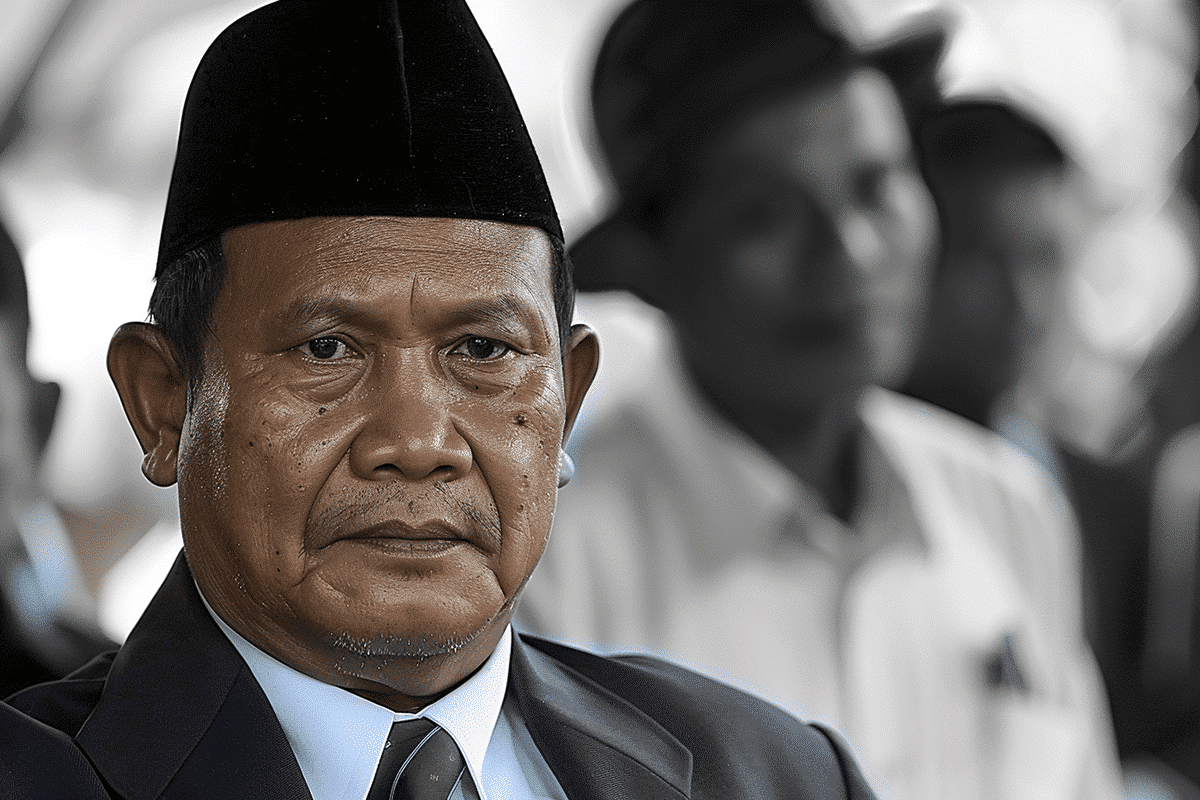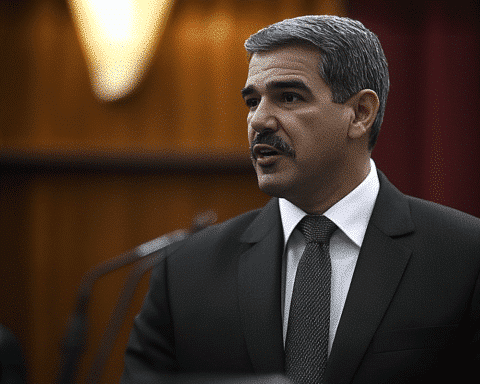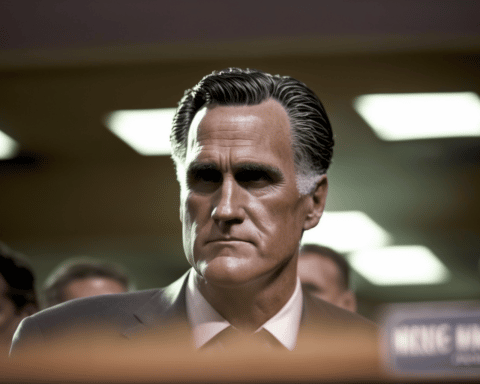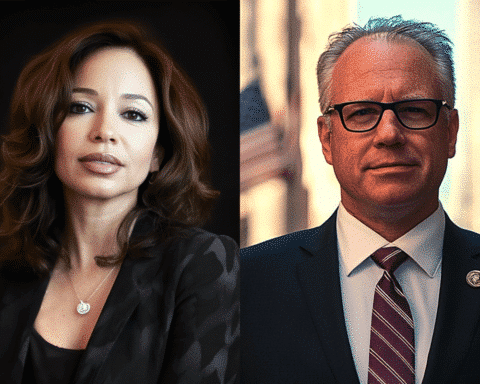Prabowo Subianto, a wealthy former general with ties to Indonesia’s dictatorial past, is poised to assume the presidency, following a closely contested election. Subianto has pledged to continue the popular policies of outgoing President Joko Widodo, focusing on modernization and economic growth. However, his ascent to power raises concerns about his human rights record, stemming from allegations of involvement in abuses during the Suharto dictatorship.
Born into one of Indonesia’s most influential families in 1951, Subianto’s father, Sumitro Djojohadikusumo, was an influential politician who served under Presidents Sukarno and Suharto. Subianto himself pursued a military career, graduating from Indonesia’s Military Academy in 1974 and serving for nearly three decades. However, his tenure in the military was tarnished by allegations of human rights violations, particularly during Indonesia’s occupation of Timor-Leste in the 1980s and 90s.
Despite facing controversy, Subianto returned to Indonesia in 2008 and entered politics, founding the Gerinda Party. He made unsuccessful bids for the presidency twice before accepting the position of defense minister in 2019, under President Widodo. Throughout his political career, Subianto has faced accusations of personal interests in major infrastructure projects, including the controversial $30 billion Nusantara project.
Subianto’s victory in the recent election is pending official confirmation, but unofficial tallies suggest he secured over 55% of the vote in a three-way race. His alliance with Widodo’s family, particularly his choice of Widodo’s son as his vice-presidential running mate, has raised eyebrows and led to concerns about the emergence of a political dynasty in Indonesia’s young democracy.
Despite criticism of his human rights record and allegations of personal interests in infrastructure projects, Subianto has projected a softer image during the 2024 election campaign, appealing to Indonesia’s large youth population. However, concerns remain about the future of Indonesia’s democracy under his leadership, given his ties to the country’s dictatorial past and his opaque policy plans.
Observers note that Subianto’s presidency is expected to maintain Indonesia’s pragmatic approach to international relations, strengthening defense ties with the United States while courting Chinese investment. However, questions persist about the cost of rapid economic growth on the environment and traditional communities under his leadership.
As Indonesia awaits the official confirmation of Subianto’s victory, the nation grapples with the prospect of a leader with a controversial past and uncertain policy plans. While Subianto vows to lead for all Indonesian people, regardless of race, religion, or social background, concerns linger about the future trajectory of the world’s fourth-most populous nation under his presidency.




